Winter 2026

Interpretability for Scientific Discovery: Some Opportunities and Challenges

Design, Measure, Interpret: Foundation Models in the Scientific Loop
As foundation models become powerful for scientific tasks, a central question emerges: how can they drive the full cycle of discovery—from designing experiments to interpreting results? This talk presents a framework that unites experiment design and inverse problems under a common probabilistic foundation model. I will highlight recent progress and discuss how these ideas point toward a new ecosystem for science.
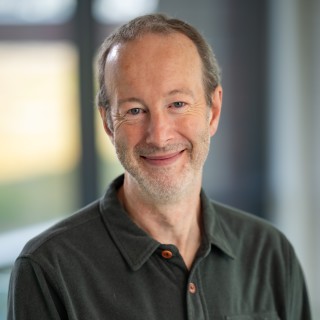
From Research Tools to Long-Horizon AI-Assisted Science
AI has made remarkable progress in assisting with individual scientific tasks over the past two years. However, today's systems still fall far short of supporting the kind of long-horizon, "big science" research that unfolds over weeks or months. In this talk, I'll present our work on Asta, a state-of-the-art AI research assistant that performs a wide range of research tasks, and aims to scale toward long-term scientific support. I'll first illustrate Asta's current capabilities in literature understanding, data analysis, theory formation, and end-to-end autonomous software experiments. I'll then discuss what it takes to extend these capabilities to long-horizon research. If we view science as a search for predictive theories and causal explanations, then true long-term AI assistance requires a tight integration of experimentation and analysis with theory formation. I'll argue that this, in turn, demands a layer of structured reasoning above basic tool use to track hypotheses, evidence, and next experimental steps. I'll describe AutoDiscovery, our current work in this direction, then sketch our longer-term trajectory, and finally offer a perspective on the exciting future of long-horizon AI-assisted science.
Superintelligence for scientific discovery
AI is rapidly transitioning from a passive analytical assistant to an active, self-improving partner in scientific discovery. In the material world, this shift means developing systems that not only recognize patterns but also reason, hypothesize, and autonomously explore new ideas for design, discovery and manufacturing. This talk presents emerging approaches toward 'superintelligent' discovery engines -integrating reinforcement learning, graph-based reasoning, and physics-informed neural architectures with generative models capable of cross-domain synthesis. We explore multi-agent swarm systems inspired by collective intelligence in nature, enabling continuous self-evolution as they solve problems. Case studies from materials science, engineering and biology illustrate how these systems can uncover hidden structure-property relationships, design novel materials, and accelerate innovations in biology and beyond. These advances chart a path toward AI that actively expands the boundaries of human knowledge.
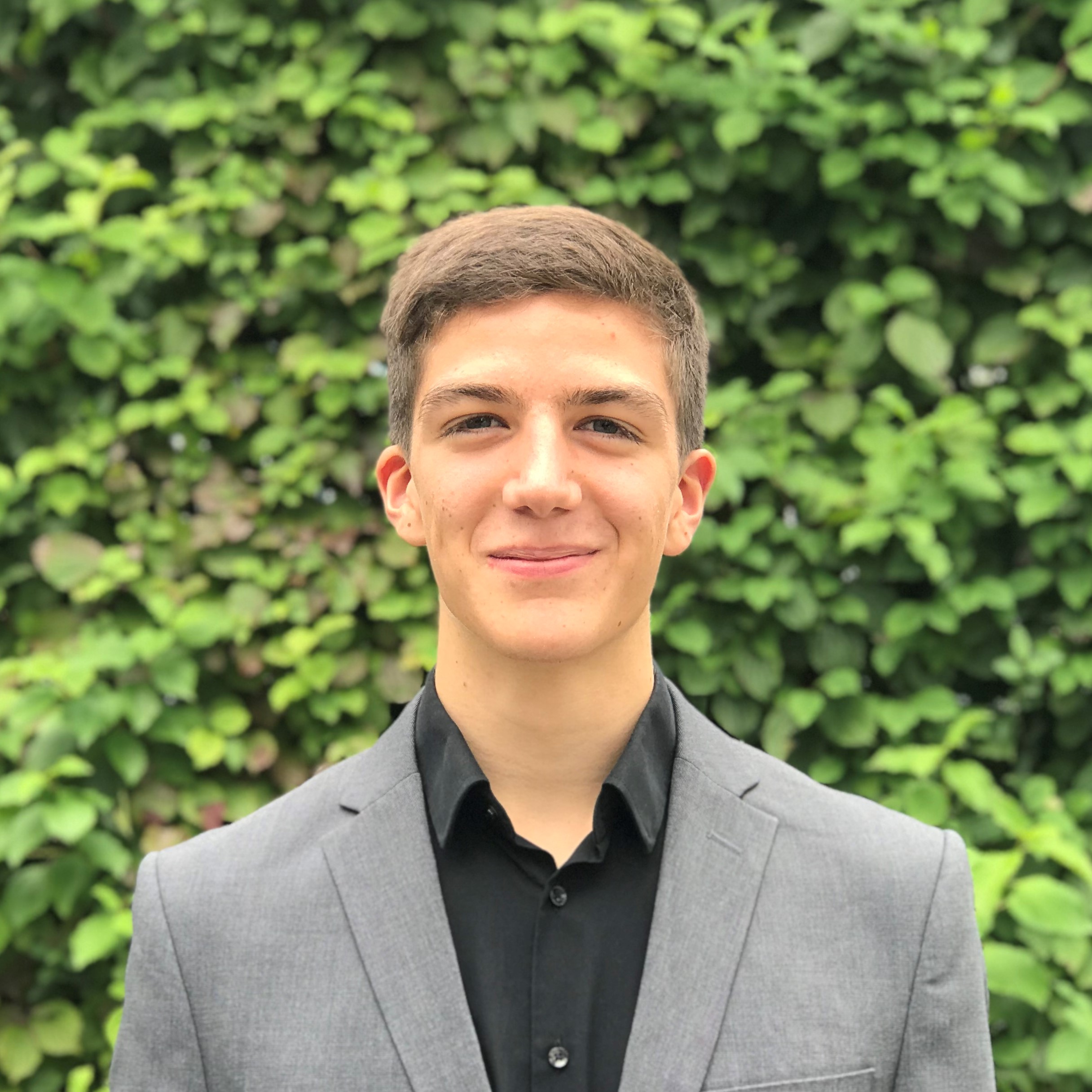
BoltzGen: Toward Universal Binder Design
We introduce BoltzGen, an all-atom generative model for designing proteins and peptides across all modalities to bind a wide range of biomolecular targets. BoltzGen builds strong structural reasoning capabilities about target-binder interactions into its generative design process. This is achieved by unifying design and structure prediction, resulting in a single model that also reaches state-of-the-art folding performance. BoltzGen’s generation process can be controlled with a flexible design specification language over covalent bonds, structure constraints, binding sites, and more. We experimentally validate these capabilities in a total of eight diverse wetlab design campaigns with functional and affinity readouts across 26 targets. The experiments span binder modalities from nanobodies to disulfide-bonded peptides and include targets ranging from disordered proteins to small molecules. For instance, we test 15 nanobody and protein binder designs against each of nine novel targets with low similarity to any protein with a known bound structure. For both binder modalities, this yields nanomolar binders for 66% of targets.
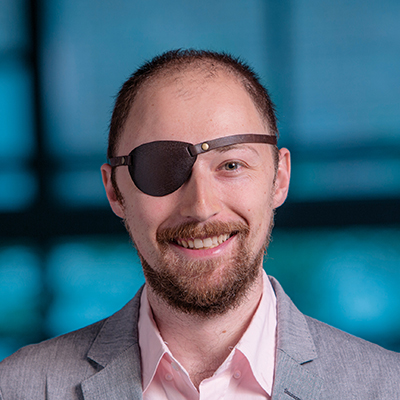
Scholarly Supervision for Medical AI: Radiology and Drug Design
Medical AI still leans heavily on painstakingly curated datasets that are expensive to build—and quickly become incomplete or outdated. But medicine is already self-documenting: methods, experiments, and results are written down every day in the scientific literature. In this talk, we show how to turn text from PubMed and PubChem into scalable supervision for two settings: clinical radiology and therapeutic discovery. For radiology, literature-built models achieve strong performance and transfer far more robustly across hospitals. For drug design, we introduce MedexCLIP, a multimodal foundation model of molecules and text trained from literature, enabling zero-shot prediction of safety and pharmacokinetic properties—and practical constraints for automated discovery pipelines. Together, these results position academic literature as a powerful, continually updated training signal for medical AI.
Fall 2025
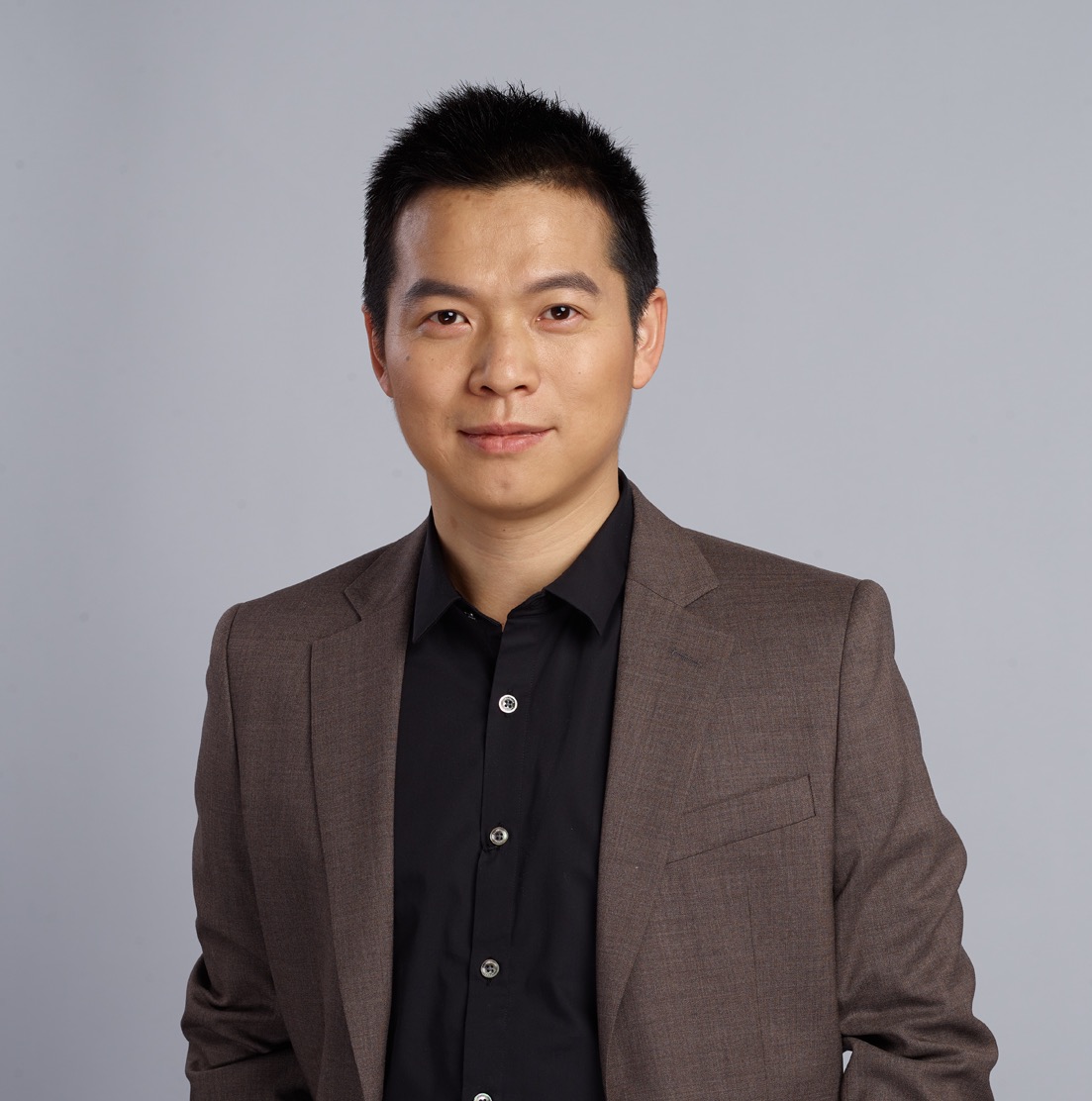
Generative AI for Functional Protein Design
Generative AI is not only revolutionizing language processing but is also transforming scientific fields such as biology and chemistry, as exemplified by the 2024 Nobel Prize in Chemistry. In this talk, we explore three paradigms for functional protein design: sequence-based, geometry-based, and sequence/structure co-design. We introduce recent advanced generative AI models following these paradigms—IsEMPro, SurfPro, EnzyGen, and PPDiff—along with their sample-efficient learning methodologies. Additionally, we highlight four impactful applications: designing enzymes with biocatalytic functions, optimizing proteins for specific fitness goals, developing protein-protein binders, and creating antimicrobial peptides. We will also introduce InstructPro, a large protein model that follows instructions in human language and generates proteins binding to ligands. By emphasizing the powerful synergies between AI and molecular sciences, this talk seeks to inspire collaboration and drive advancements at the forefront of drug discovery, material innovation, and sustainable chemical manufacturing.
Neural Operators for Scientific Applications: Learning on Function Spaces
Applying AI to scientific problems such as weather forecasting and aerodynamics is an active research area, promising to help speed up scientific discovery and improved engineering design. Typically, these applications involve modeling complex spatiotemporal processes governed by partial differential equations (PDEs) defined on continuous domains and at multiple scales, essentially learning mappings between infinite-dimensional function spaces. Traditional deep learning methods, however, map between finite-dimensional vector spaces. Neural operators overcome this limitation by generalizing deep learning to learn mappings directly between function spaces, enabling them to effectively replace traditional PDE solvers while offering substantial speed improvements, often several orders of magnitude faster. In this talk, I will introduce the fundamental concepts behind neural operators, illustrate their effectiveness on practical problems such as weather forecasting, and briefly discuss how computational efficiency can be further enhanced using tensor algebraic methods. Finally, I will touch on practical implementation aspects in Python, demonstrating how these concepts can be applied in practice using open-source software.

Generative AI for Biomolecular Discovery: Overcoming Sampling Challenges in Molecular Simulations
Molecular dynamics (MD) simulations are emerging as essential tools for understanding biomolecular systems. However, challenges such as the rare event problem remain. I will showcase how generative AI methods can be carefully adapted to address this challenge. I will introduce how diffusion models, trained to generate molecular ensembles, improve molecular configuration sampling. Furthermore, by incorporating external physical or chemical data, these generative models can predict unseen or novel molecular structures, thus expanding the predictive capacity of MD beyond traditional simulation limits.
Enhancing Diffusion-based Inverse Solver by Regularization
Inverse problems are fundamental in scientific computing, yet they pose significant challenges due to high dimensionality, ill-posedness, and uncertainty. Conventional approaches like optimization or Markov Chain Monte Carlo often encounter limitations in computational scalability and robustness to noise. Generative models offer promising alternatives for solving partial differential equation (PDE) inverse problems, but they often lack efficiency, stability, or physics consistency. In this talk, the speaker, Jiachen, explores how incorporating specialized biases and regularizations can significantly enhance the accuracy and efficiency of these models in scientific applications. Jiachen will present FunDPS, a novel framework that leverages the function-space inductive bias to deliver substantial gains in accuracy and speed. Complementing this, he introduces an equivariance regularization that exploits the problems’ intrinsic symmetries, yielding consistent improvements across diverse inverse problems. The discussion will explore both theoretical and practical sides of GenAI for sciences.
Grounding foundation models for physical sciences
Despite the huge success of foundation models across fields, they still suffer from hallucinations and can produce physically inconsistent outputs. To leverage foundation models for physical sciences, it is critical to integrate first principles and physical laws to the learning and reasoning of these models. In this talk, I will discuss our on-going effort to ground foundation models, including diffusion models and large language models for physical sciences. In particular, I will discuss dynamics-informed diffusion models for emulating complex fluids and an adaptive framework for LLM agents to use scientific tools. I will demonstrate the use cases of our methods on applications in climate science and epidemiology modeling.
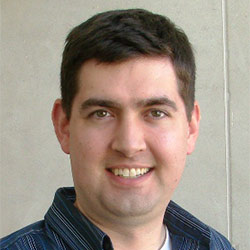
Asta: Building and Evaluating Scientific AI Assistants
AI has tremendous potential for accelerating science---helping researchers access the literature, analyze data, execute experiments, and more. Asta, a project at the Allen Institute for AI, aims to deliver comprehensive scientific assistants that support all aspects of a scientific workflow. Rigorously evaluating such systems is a fundamental challenge, which led us to develop AstaBench, a holistic benchmark suite and leaderboard spanning the scientific discovery process. The work includes evaluations for scientific “deep research” systems, introducing methods for measuring coverage and precision of both answers and their attributions. Fully realizing AI's potential for scientists will require breakthroughs in scalable supervision, robust evaluation, and personalized and proactive assistance. To facilitate progress toward these goals, the Asta project provides open-source corpora, tools, and APIs.
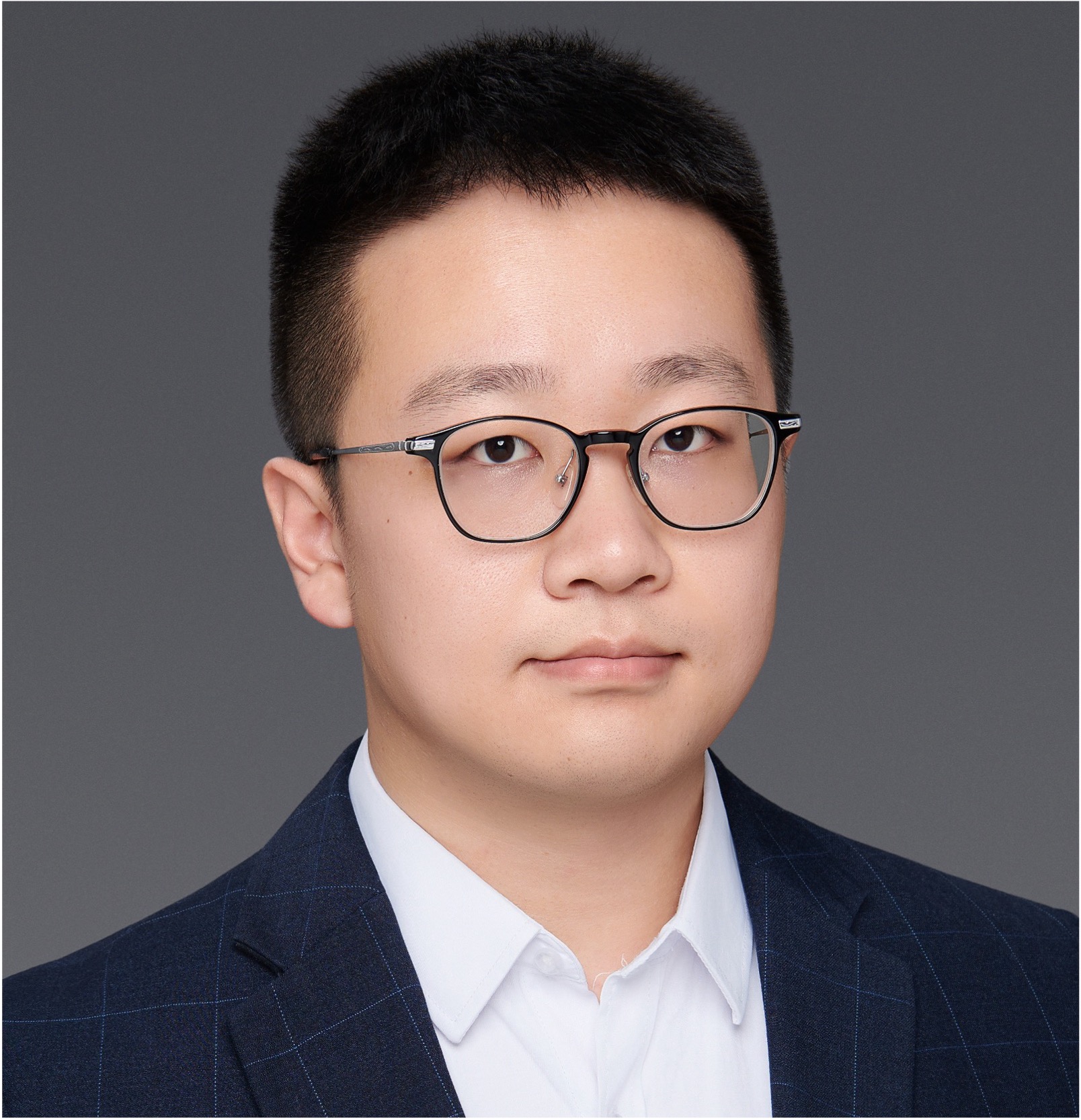
Foundation potentials and generative modeling for materials sciences
Materials modeling with atomistic simulation has become an indispensable tool in computational materials science, enabling precise property predictions and mechanistic insights across a wide range of chemical and structural environments. While recent advancements in artificial intelligence (AI)-assisted techniques, such as machine learning interatomic potentials (MLIPs) trained on extensive databases (e.g., foundational potential), have significantly enhanced temporal and spatial simulation capabilities, exploring high-dimensional chemical spaces with quantum-level accuracy remains computationally demanding. Simultaneously, the emergence of generative modeling has demonstrated its potential to revolutionize computational materials and chemistry through generative approaches.
In this presentation, I will outline recent progress in universally augmenting foundational potentials with charge and electrical response prediction, referred to as Latent Ewald Summation (LES) for generalized learning schemes of atomic charges and long-range interactions. Beyond the advancements in foundational potential, I will discuss the diffusion-based deep generative model (CHGGen) that integrates inpainting generation and foundation potential optimization for crystal structure prediction. I will showcase how this model can be used to elucidate atomic configurations and Li transport properties within solid-electrolyte interphases.
From LLMs to Agents: Challenges and Opportunities
This talk examines the evolution from LLMs to autonomous AI agents, addressing key technical challenges including multi-step reasoning, tool integration, and multi-modal context understanding. We discuss transformative applications across different critical domains: Finance, Arts, Engineering, and Science. Through technical insights and case studies, we discuss how AI agents are reshaping traditional paradigms and creating unprecedented opportunities for human-AI collaboration.

Large Language Models as Simulated Economic Agents
This talk introduces a working paper on using LLMs as simulated economists. We argue that newly-developed LLMs, because of how they are trained and designed, are implicit computational models of humans—a Homo silicus. LLMs can be used like economists use Homo economicus: they can be given endowments, information, preferences, and so on, and then their behavior can be explored in scenarios via simulation. We discuss potential applications, conceptual issues, and why this approach can inform the study of humans. The talk will also introduce the Expected Parrot Domain-Specific Language (EDSL), a package that streamlines computational social science and market research using AI. EDSL enables researchers to design and run surveys and experiments with large numbers of AI agents or LLMs simultaneously, as well as perform complex data-labeling and related research tasks efficiently.

Arvind Ramanathan
Computational Science Leader at Argonne National Laboratory
2025-12-12 11:00 AM CT
Towards Complex Biological Systems Design with Scalable Agentic Reasoning
Intrinsically disordered proteins (IDPs) represent challenging therapeutic targets due to their conformational heterogeneity yet play critical roles in numerous diseases. We present StructBioReasoner, a scalable multi-agent system for autonomous IDP-targeting biologics design that addresses this challenge through a tournament-based reasoning framework. Specialized agents focused on structural stability, evolutionary conservation, energetic optimization, and rational design principles compete to generate and refine engineering hypotheses, enabling parallel evaluation and natural distribution of computational work. Each agent integrates domain knowledge with computational tools including AlphaFold-based structure prediction, molecular dynamics simulation, and physics-based stability prediction, autonomously reasoning about tool selection and coordinating execution on HPC infrastructure. We demonstrate three key contributions: a multi-agent architecture specifically designed for IDP ensemble properties, a scalable tournament framework for efficient parallel hypothesis generation, and validation through case studies showing autonomous identification of stabilizing mutations matching literature-validated strategies. This work establishes a foundation for autonomous discovery of IDP-targeting therapeutics on emerging exascale platforms.